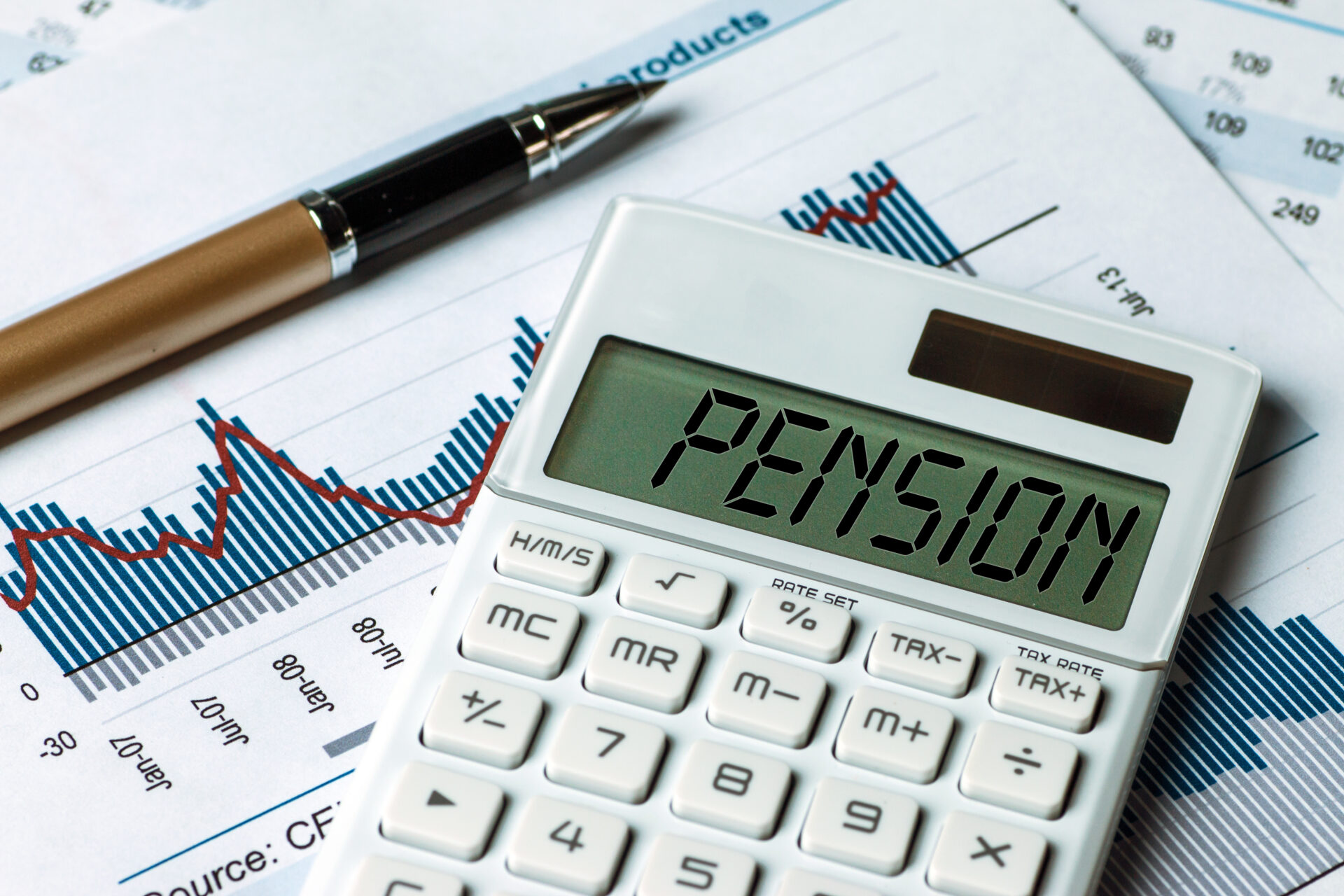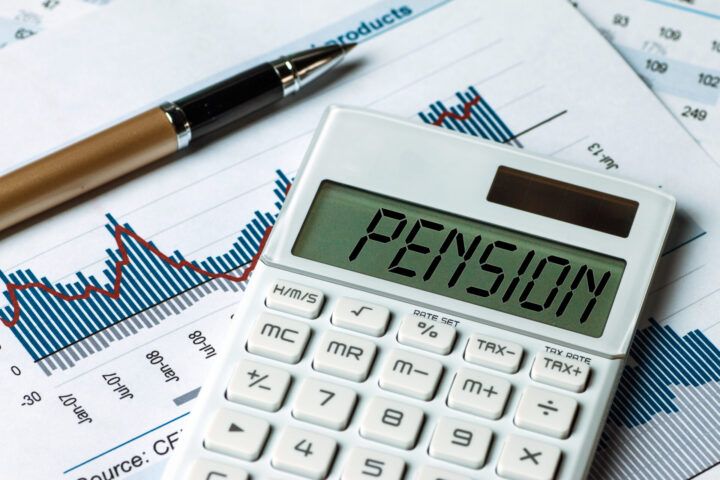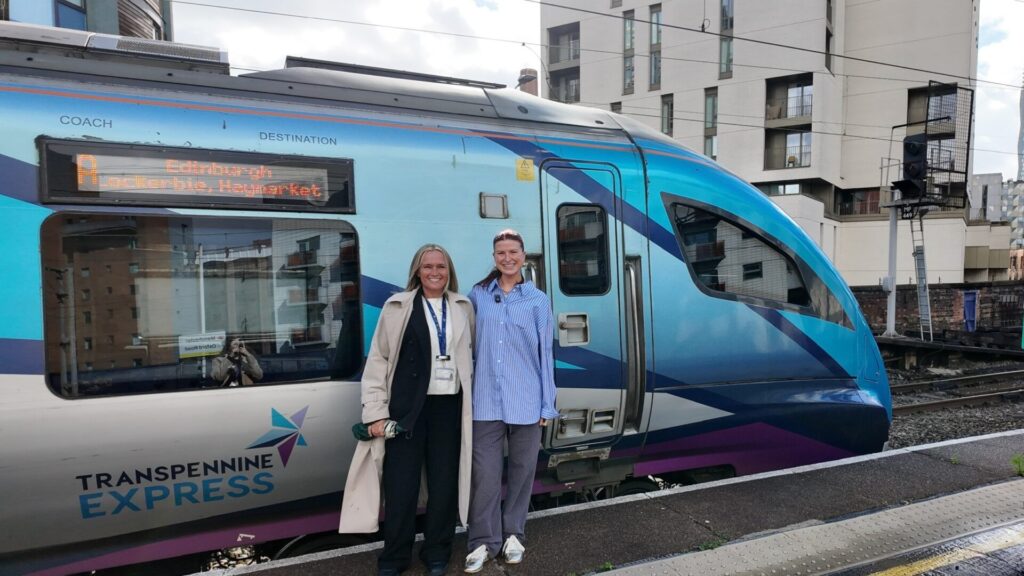Pensioners could see a 4.8% rise in their state pension from April, with the latest wage growth figures outstripping inflation.
This comes after the Office for National Statistics (ONS) confirmed the Consumer Price Index (CPI) held steady at 3.8% in September, finalising the triple lock calculation.
This means the increase is set to be driven by average wage growth, which came in at 4.8%.
Those on the full new state pension are expected to receive £241.30 per week, while the full basic state pension could rise to £184.90 per week.
People on the basic state pension will not see the triple lock increase on their whole payment, as additional elements like the additional state pension will only rise by inflation at 3.8%.
Reaction:
Helen Morrissey, head of retirement analysis at Hargreaves Lansdown:
“Today’s inflation figure means the final piece in the triple lock puzzle has slipped into place with average wages outstripping today’s inflation reading.
“With inflation remaining unchanged in September at 3.8%, it means that average wage data is putting pensioners in line for a 4.8% increase from April.
“This means someone on a full new state pension would see their weekly payment rise to £241.30 per week.
“Someone on the full basic state pension would see their weekly payment boosted to £184.90 per week.
“However, people on the basic state pension will not receive the full triple lock increase on their entire pension payment.
“While the base payment rises in line with the triple lock, additional payments such as the additional state pension will rise in line with inflation so those elements will increase by 3.8% next year.
“These increases are not yet set in stone – we will need to wait for the Budget for confirmation.
“This will be another piece of data to be considered as part of the ongoing review into state pension age.
“Recent data shows the number of people living until their nineties – and even longer – has soared and the government needs to consider how to balance the costs of state pension with the burgeoning pensioner population.
“We won’t hear back from the review for some time, but we could see further increases to state pension age put on the table. We will also see increased debate as to the long-term viability of the triple lock.
“The government had pledged to keep it in place for the remainder of this Parliament but longer term we could see changes on the horizon.”
Maike Currie, vice president personal finance at PensionBee:
“September’s inflation figure is one of the determinants of next year’s state pension increase under the government’s triple lock.
“With earnings growth at 4.8% still outpacing price rises, the full new State Pension is set to rise by £11.05 to £241.30 per week from April.
“The full new State Pension will now be £12,548 a year, only £22 below the frozen personal allowance (£12,570) – the amount you can earn tax-free each year.
“While not every pensioner receives exactly this amount, many retired pensioners on the full new State Pension could find themselves paying income tax on it the following year.
“The triple lock has become a focal point in the growing generational divide surrounding the policy, with PensionBee research revealing a sharp generational difference in opinions about its future.
“An ageing population and increasing life expectancy, combined with the generosity of the triple lock, place significant pressure on the UK’s public finances.
“Predicting future state pension costs is difficult under this system, which depends on the highest of three metrics – two of which can fluctuate considerably over time.
“Today’s figures simply underscore the fiscal tightrope Chancellor Rachel Reeves must walk ahead of the Budget on November 26.”
Andrew Tully, technical services director at Nucleus:
“Pensioners will get another relatively substantial increase to the state pension from April 2026 which will be a welcome boost to many.
“However it means many more will pay income tax solely as a result of their state pension given the ongoing freeze to the personal allowance, and Government will need to consider the best process to easily allow these people to pay tax.
“While the headline state pension increases by the triple lock, other parts of the state pension such as SERPS/S2P, the graduated pension, protected payments, and benefits for deferring, will go up by CPI which may be lower than earnings.
“The Government has announced a review of the state pension age which will consider if and when state pension age moves to 68 and beyond.
“However rather than focus solely on state pension age, we need to consider the future of our state pension system as a whole.
“As well as state pension ages, this wider debate should consider a suitable level of state benefit, the future of the triple lock, differing life expectancy across the UK, and support for those below state pension age who aren’t able to work.”
Steven Cameron, pensions director at Aegon:
“The triple lock formula increases state pensions each year by the highest of price inflation (now confirmed as 3.8%), earnings growth (4.8%), or a minimum of 2.5%. This means next April’s increase should be 4.8%, in line with earnings growth.
“This should be good news for pensioners, representing an increase of 1.0% above inflation, providing a welcome boost to pensioner purchasing power from next April.
“However, while the Labour Government did commit to retain the triple lock, we do still need to wait for formal confirmation of the increase by the Secretary of State for Work and Pensions.
“We’re fast approaching the Autumn Budget, with the Chancellor already signalling difficult decisions ahead.
“The Chancellor has continually emphasised that she wants to support ‘working people’. And as the state pension is ‘pay as you go’ rather than funded, it’s today’s workers through taxes and National Insurance who pay for today’s state pensions.
“Every 1% increase in the state pension costs around £1.1bn a year for all future years.
“While today’s pensioners are yesterday’s working people, if the Government decides to prioritise support for those currently working, could that mean a scaled back triple lock from next April?”

















